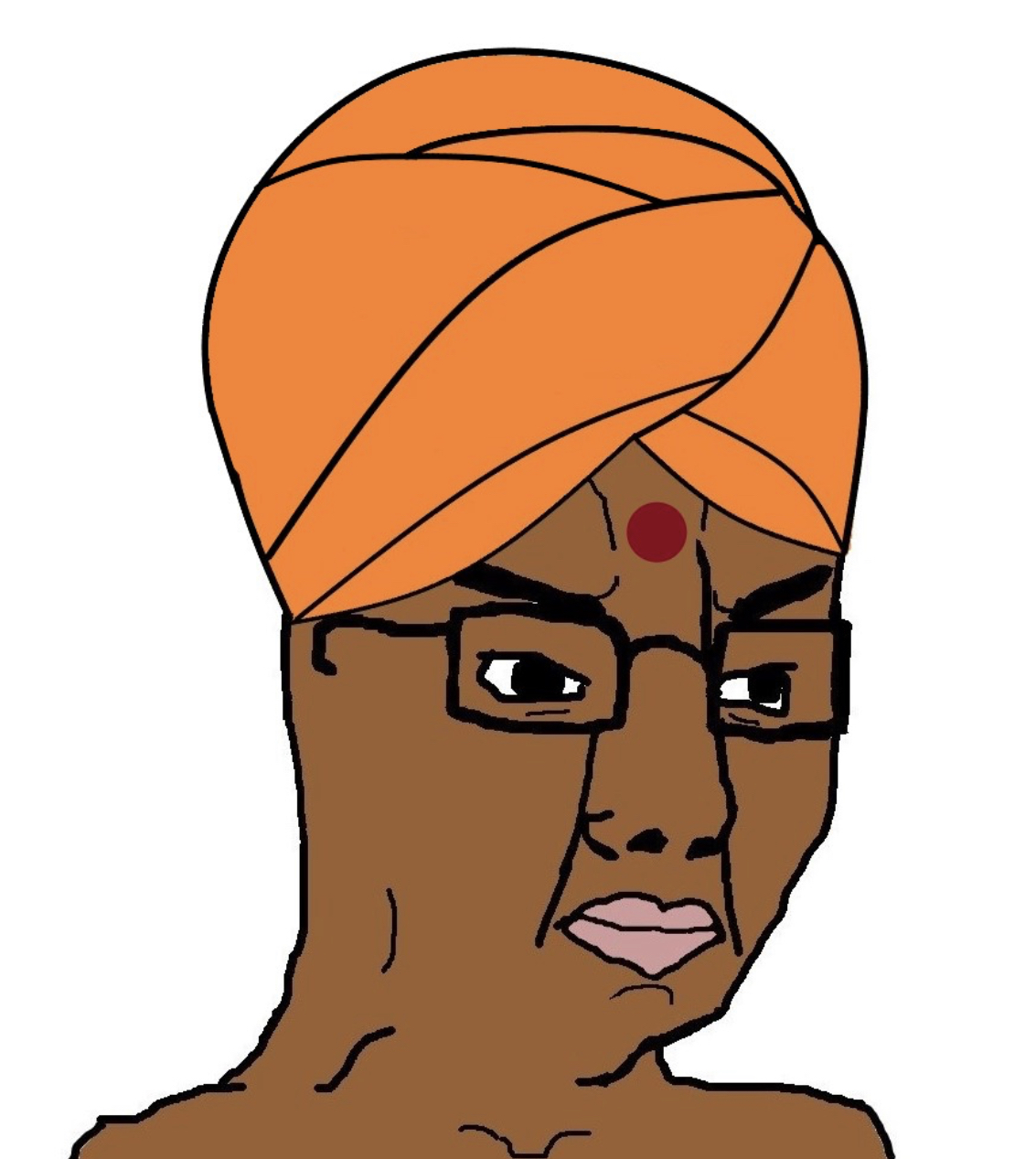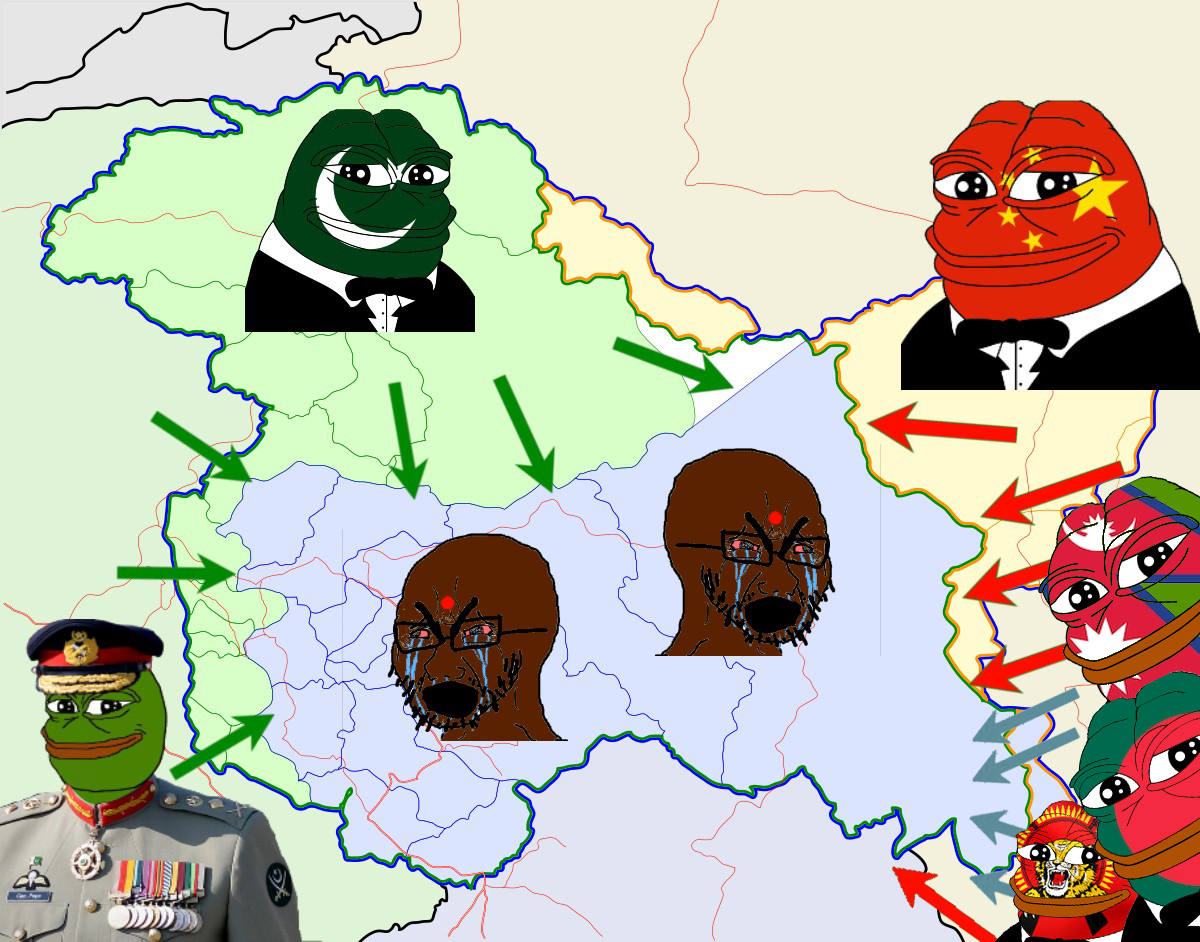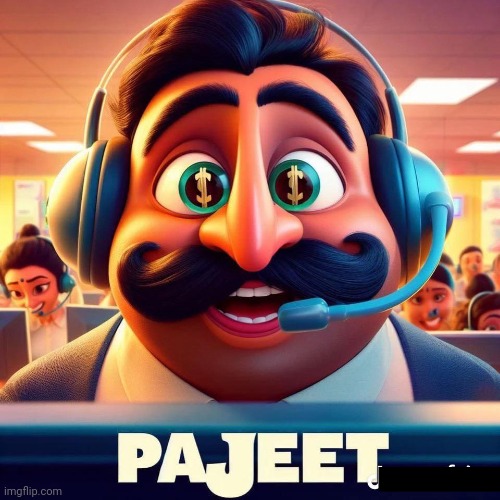Are you curious about the ever-evolving landscape of online humor and the potent impact of internet memes? The digital world is awash with memes, some humorous, some insightful, and sadly, some that perpetuate harmful stereotypes and ideologies.
The realm of internet memes is a fascinating, often contradictory space. Consider, for instance, the "Mehmet, My Son" series, a collection of comics portraying a Turkish father's quest to find a suitable bride for his son. Originating from /int/ (international) threads, these memes, exploitable since 2015, tap into cultural nuances, reflecting familial expectations and societal pressures, but also risking the simplification of complex cultural realities.
Then there's the "pajeet" meme, a term that has ignited heated debates across online platforms. This derogatory label, born from a 2015 meme on 4chan's /int/ board, targeted individuals of Indian origin. Its rise highlights a troubling trend: the potential for humor to become a vehicle for hate speech and discrimination. The viral spread of such terms underscores the critical importance of media literacy and the need to critically assess online content.
Exploring the creation of memes, resources such as makeameme.org simplifies the process, and offers an extensive library of templates, from classic formats like "distracted boyfriend" to more niche options. With AI tools now readily available, even novices can create memes with ease, while experienced meme creators can use these tools to experiment with fresh ideas. Whether you're trying to create a meme based on the "Mehmet, My Son" format or seeking inspiration from the "pajeet" meme context, the goal is to find a creative outlet within the vast digital world.
The evolution of internet memes goes beyond mere entertainment; it's a mirror reflecting societal trends, cultural shifts, and, unfortunately, prejudices. The "pajeet" meme's origin in a July 2015 thread on 4chan's /int/ board serves as a stark reminder of the harmful side of digital interactions. This image, which appeared on July 25th, 2015, adapted the "Mehmet, My Son" format to mock alleged issues in India, highlighting the speed at which online content can spread and the potential for malicious intent.
The ease with which one can create and share memes is a double-edged sword. While tools like makeameme.org and AI-powered meme generators have made it easier to participate in the trend, the lack of moderation can enable the spread of harmful content. This ability to craft and disseminate memes, and even customize them with AI assistance, has created a broad canvas for individuals, regardless of their experience levels.
The "pajeet" meme is a stark example of how online communication can quickly turn into a conduit for prejudice. Its important to recognize the importance of addressing and eradicating such harmful elements from our online spaces. Online conversations have become battlegrounds where ideas compete for dominance, and where humor often serves as a mask for deeper, more troubling sentiments. Its not just about fun and games.
The rise of internet memes is a complex phenomenon, filled with both creative potential and moral hazards. As platforms like Twitter, Telegram, and Facebook battle the spread of hate speech, the importance of critical thinking, media literacy, and community awareness becomes ever more crucial. The evolution of internet memes is not just about a fleeting trend but about the enduring power of digital platforms and their effect on the social and cultural landscapes.
In a world dominated by digital interactions, memes have become a crucial part of our daily experiences. Understanding the origins of these memes and the implications of their distribution is no longer optional, especially as social media becomes more complex. The responsibility lies with us to navigate this complex environment.
| Meme Characteristics | Details |
|---|---|
| Origin Date | 2015 (for "pajeet" meme, also includes "Mehmet, My Son" series) |
| Initial Platform | 4chan's /int/ (international) board |
| Notable Formats | "Mehmet, My Son" series; variations using the "pajeet" term |
| Themes | Family, cultural expectations, derogatory language, and mocking of individuals based on nationality and origin. |
| Impact | Perpetuation of stereotypes, spread of hate speech, and potential for online harassment. |
| Related Terms | /int/, exploitable, nationality, meme generator, makeameme.org |
| Tools and resources | AI meme generators, blank meme templates, social media platforms (Facebook, Reddit, Pinterest, etc.) |
The "pajeet" meme, which appeared in late 2013, emerged shortly after the "Mehmet, My Son" series and has shown resilience, often resurfacing in various online discussions. This highlights the need for ongoing efforts to moderate online content and promote critical thinking about online content. It also emphasizes that the issue transcends simple entertainment and extends to the way we interact with different cultures online. As we explore the digital landscape, we must be aware of the influence of these trends and the importance of developing media literacy.
The use of AI in meme creation has democratized the process, allowing individuals with limited design skills to create content easily. This makes meme generation more accessible to the wider public. Tools like the AI meme generator are not only for beginners, experienced creators are also using them to generate new ideas.
Memes such as "Mehmet, My Son," "pajeet my son," and others have become recurring themes. Social media platforms provide a convenient way to share these memes, fostering a sense of community and shared humor. These can range from straightforward jokes to complex social commentary, and they often reflect and shape the beliefs and viewpoints of their creators and viewers.
The "usc speak your mind challenge?" is a prime example of the latest trends on platforms like TikTok, and many others.
The rise of the term "pajeet" is closely linked to its appearance in 2015. The spread of hate speech across platforms like Twitter, Telegram, and Facebook has made the need for awareness even more crucial. This is more than just a joke. It's essential to address the harmful content on social media to create a healthier online environment.
The evolution of the internet, and the creation of these memes, should serve as a call for everyone to be mindful of their online habits and the impact they can have on our society. Whether you are inspired by the "Mehmet, My Son" format, the "pajeet" meme context, or other memes, it's crucial to take responsibility for the content that you see, create, and share.
This dynamic has changed how we share information and how we engage with one another. Understanding the origins and impact of these memes is important, especially given the increasing reliance on social media. The creation of memes can be easy, thanks to AI meme generators and blank meme templates, but the effects on society are long-lasting. It is essential to address this issue if we want to create a healthy online environment.
The ease of using AI tools for meme creation is a call to all of us to become conscious of our online activity and the effects it can have on society. The "pajeet" meme's spread, as with the "Mehmet, My Son" series, brings to light the need to address the content on social media. The ability of these memes to go viral reminds us of the power of digital platforms and the impact they have on the social and cultural landscape.
The phrase "pajeet" is an example of the derogatory language used online. This term, often found in conjunction with offensive imagery, has become the focus of the hate speech. This underscores the importance of being aware of the dangers of the Internet and the effects of online interactions.
The ability to create memes is within everyone's reach, thanks to AI meme generators. Memes can start with various aspects of our lives and be shared across various platforms, including Facebook, Reddit, and others. Online communities may also be impacted.
Online hate speech is a problem that needs to be addressed, and understanding how memes are created and shared is the first step. Whether you are looking to create memes, use AI to generate ideas, or find inspiration, the Internet allows us to explore and share our experiences.
The need to follow the trend is part of the modern era and requires our attention to ensure a positive online experience. From the "Mehmet, My Son" memes to the "pajeet" meme, the trends help shape the cultural conversation. The way these memes spread should remind us of the importance of media literacy and the impact of social networks on today's culture. The use of AI, the wide range of templates available, and the different platforms where memes are distributed is important, but it is the way that people respond to the memes that matters most.
The "pajeet" meme started as an internet joke that spread online, and it reminds us of the importance of media literacy and the impact of memes.
The internet continues to evolve, and the impact of memes and their cultural significance will continue to grow. The use of tools like makeameme.org and AI-powered meme generators has opened up the opportunity for creative expression. They can, however, carry harmful content, and that has to be avoided by promoting media literacy.
The "Mehmet, My Son" series, born in 2015, offers a window into familial expectations. The term "pajeet" has emerged, and it is critical that everyone understands the implications of these words. It is important to recognize the power of this digital environment.
Online trends and memes keep changing. The "pajeet" meme, like the "Mehmet, My Son" series, is a stark reminder of how the online world is always evolving, for better or for worse. The responsibility lies with us to be critical of what we find online. It is important to encourage creative expression, but not at the expense of tolerance.
The constant expansion of technology has changed how people share information and communicate with each other. The "pajeet" meme highlights the dangers of the internet, but it is also a call to action to develop media literacy. We should all learn how to use these platforms responsibly. The digital landscape should be a source of creativity, but we must also be aware of the dangers of the internet and the role memes play in our society.


